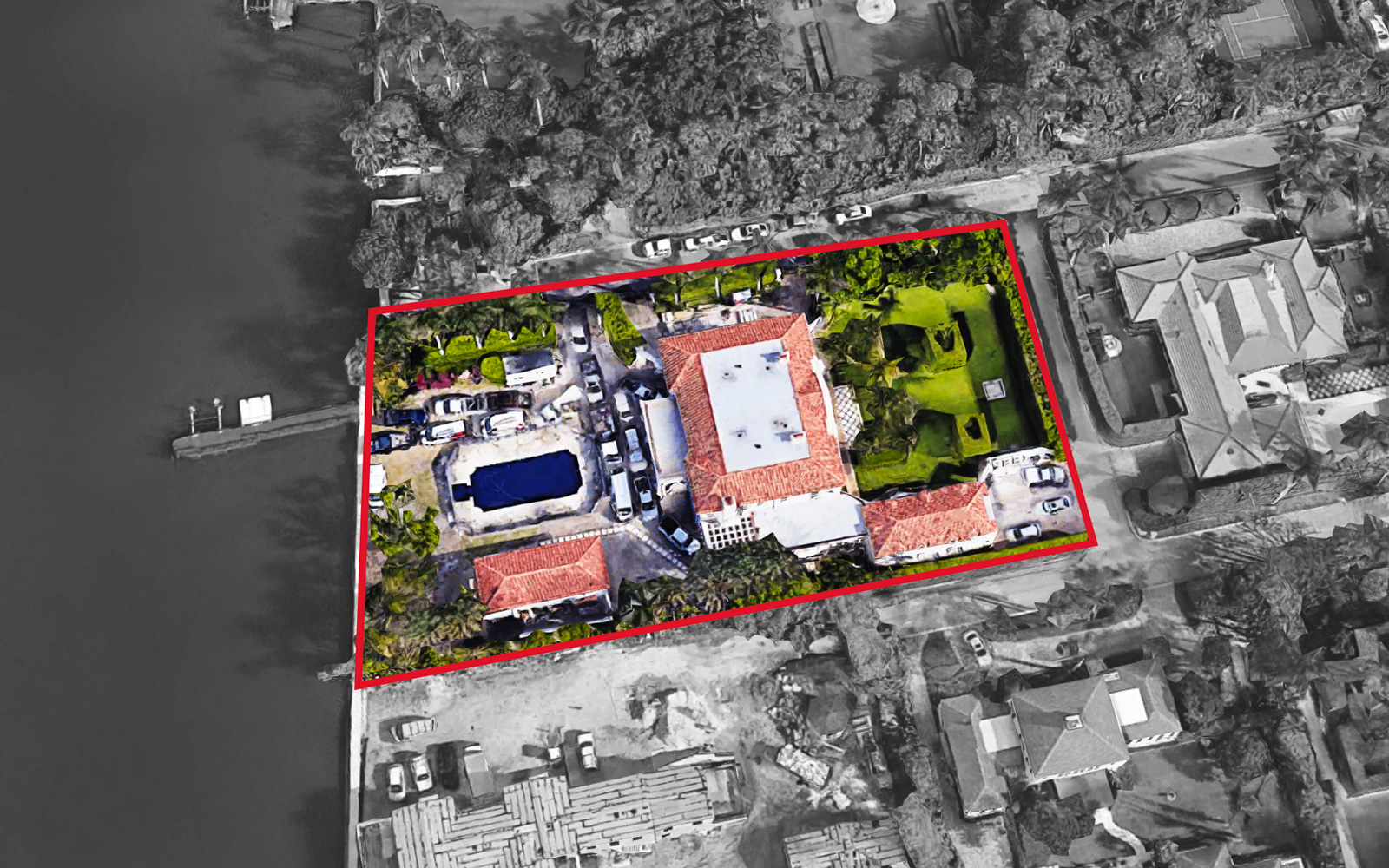Nearly half of Floridians live in a community run by a homeowners or condo association.
Unfortunately, some communities are dealing with fraud or mismanagement. Owners and residents have sounded the alarm over allegations of inflated assessments, election fraud, opaque records, property disrepair and misappropriation of funds. But for many, it seems that no one is listening.
After investigators last year uncovered what they called a massive, multimillion-dollar scheme at the Hammocks, one of the largest homeowners associations in Florida, state lawmakers took up legislation that would have created substantive protections for these communities.
The laws passed this year. But by the time trade groups for property managers, contractors and other interests were done lobbying, the legislation lacked much bite. That’s according to interviews with residents and attorneys. The more my colleague Lidia Dinkova and I began to look into allegations at specific communities across Miami-Dade County, the more questions we had.
To get some sense of how widespread of an issue fraud is in Florida, you could look at the more than 1,800 complaints that have been filed with the state this year from condo owners alone (excluding single-family communities). But many owners don’t submit complaints, and even fewer file lawsuits against their associations because of the cost.
Mostly, disputes are argued on the community grounds. Residents turn up at associations’ main offices to demand records, question the validity of elections or probe contractors’ inferior work.
Board members, who are volunteers, counter that they don’t have it easy. After the state mandated stricter building standards and insurance premiums skyrocketed, boards were left with few choices but to impose hefty assessments.
Though the laws passed this year do add protections for residents and homeowners, enforcement is still a key issue.
“You can pass whatever laws you want,” said attorney David Haber, who added that the state condo division is overburdened. “If you don’t have enough people enforcing them, it doesn’t help.”
What we’re thinking about: How will brokerages change their practices as a result of last week’s guilty verdict in the commissions lawsuit against the National Association of Realtors, Keller Williams and brokerage giant HomeServices of America? Send me a note at kk@therealdeal.com.
CLOSING TIME
Residential: Investment manager James Star, who is married to a member of the billionaire Crown family of Chicago, paid $18 million for the waterfront lot at 3323 Poinciana Avenue in Miami’s Coconut Grove. A company led by developer Sergio Guardazzi sold the 0.3-acre plot for more than 200 percent above its sale price just two years ago.
Commercial: CaraCo Group of Companies paid $73 million for a new 212-unit apartment complex in Tamarac. Eden Multifamily and Cypress Equity Investments sold the community at 8601 West McNab Road for about $344,000 per apartment.
— Research by Adam Farence
NEW TO THE MARKET
The estate of the late billionaire entertainment industry tycoon Herbert Siegel hit the market for $57.9 million. Siegel’s widow, Jeanne, owns the 10,126-square-foot, nine-bedroom, 10-and-a-half-bathroom mansion at 200 Via Palma in Palm Beach. Top broker Lawrence Moens of Lawrence A. Moens Associates is listing the Intracoastal-fronting home.

A thing we’ve learned
It took 13 years and $8 million to complete the Tamiami Trail in 1928. The road connected the state’s west coast to Miami-Dade County, opening up commerce between Florida’s two largest cities at the time. The road caused widespread damage to the Everglades and Florida’s water supply.
Elsewhere in Florida
- South Florida dentist Charlie Adelson, who is on trial in a murder-for-hire case that began nearly a decade ago, testified in his own defense last week that he was extorted by the killers but was not involved in the murder plot according to the Associated Press. The state alleges that Adelson paid to have his brother-in-law Dan Markel killed. Adelson’s sister, Wendi, was involved in a nasty custody battle with Markel when he was shot and killed outside of his Tallahassee home in 2014. The case was featured on true crime podcasts.
- After more than two years of litigation with the state, Seminole Tribe leaders plan to roll out sports betting at their casinos by the end of the year, the News Service of Florida reports.
- Miami-Dade County’s parks department gave the Miami Seaquarium’s owner 45 days to fix issues cited in a July report by the U.S. Department of Agriculture. The Dolphin Company could lose its lease with the county if it fails to correct the violations, according to the Miami Herald.
